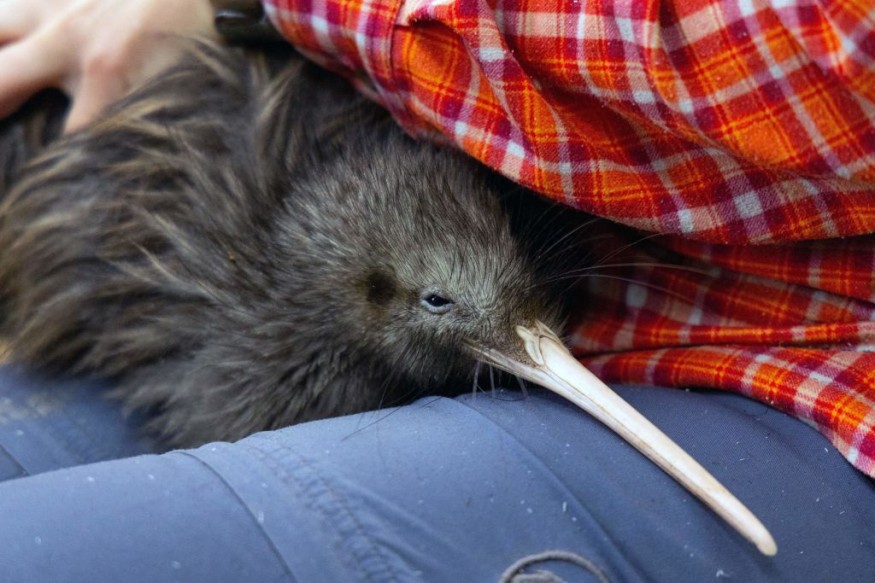A positive hope for conservationists after kiwi chicks were born in the wild near Wellington in New Zealand.
The flightless bird has been an important symbol in the country as the said species suffers from threats and population decline.
The population of kiwi has cultural importance in New Zealand for national heritage. The vulnerable animal has been monitored and protected due to increasing concerns of potential threats.
According to recent reports, the kiwi can live from 25 to 50 years. It can grow slowly, but an adult kiwi can reach 800 grams.
However, their small population is threatened by the following:
- Climate change
- Habitat loss
- Human activities
- Predation
- Diseases
As a result, protection efforts are crucial for the animals to save from the brink of extinction. The newborn chicks offer new hope for conservation plans, especially in the wild.
New Kiwi Chicks in the Wild in New Zealand

In Wellington, the good news is celebrated by conservationists after new kiwi chicks were born in the wild. Researchers highlighted that the flightless bird experiences impacts of parasites, vehicle strikes and commercialization.
About four chicks were discovered near the hills in Wellington.
Recent reports also showed the slow reproduction of the kiwi in New Zealand, in which only about 5% of kiwi chicks managed to survive in the wild.
In a recent estimate, there are about 26,000 numbers of kiwi population. The significant reproduction of kiwi is essential to save them from population loss.
Threats of Dogs and Stoats
Dogs and stoats have also threatened kiwi numbers in New Zealand. The stoat predation can affect the species of kiwi. Making them healthy with enough weight will fight against stoats.
Meanwhile, dogs can likely kill these flightless birds, too. Recent reports explained that the animal can kill kiwi which can reduce their lifespan. To protect them, local dog owners will be given training to avoid kiwi predation.
Climate change has also contributed to habitat loss due to drought, flooding and raging wildfires.
Ancient Fossils in New Zealand
In a recent report, about 266 rare fossils of fauna were discovered in a treatment plant in Auckland New Zealand. The findings were published in the New Zealand Journal of Geology and Geophysics.
The fossils can date back three million years ago or during the mid-Pliocene age. The discovery can provide new insights into the fauna existence million years ago.
In addition, the country showed the diverse fauna in New Zealand. The unique fauna can also help for conservation efforts of species.
Related Article : Top 5 Deadliest Animals in the World That Kill Millions Every Year
For more similar stories, don't forget to follow Nature World News.
© 2025 NatureWorldNews.com All rights reserved. Do not reproduce without permission.





